For me spring and summer mean longer days, warmer nights, the scent of jasmine, and rosé! I have a strong bias toward the pale salmon-pink rosés of Provence and an equally strong aversion to the hot-pink, grenache-based lolly water that was typical of Australian rosé for way too long.

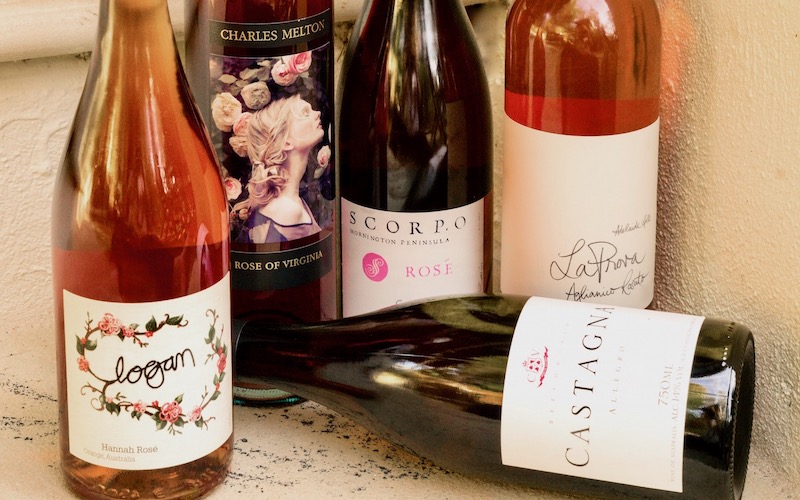
But all that’s changed and Australia now makes many delicious, dry, food-friendly rosés. These are my five current favourites – though there are many more, often by the glass on wine lists, so celebrate spring with a glass of the best Australian rosé soon.
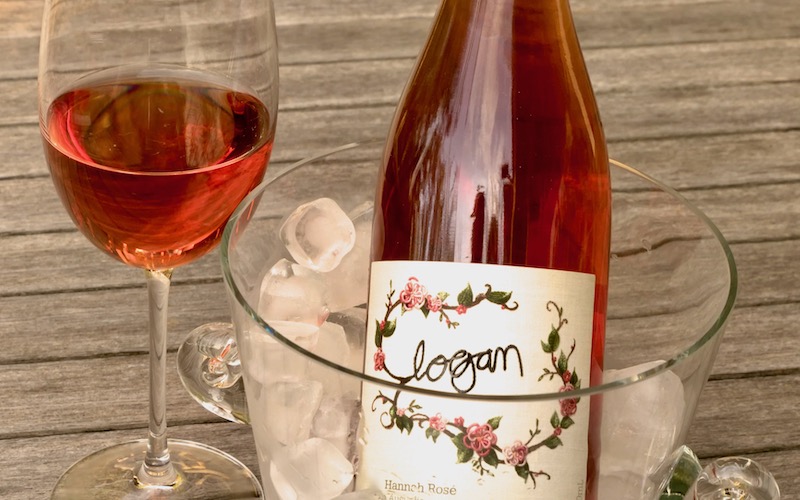
Logan Hannah Rosé (Orange, NSW)
This pale pink wine, made from a blend of three red grapes with a dash on pinot gris, is the rosé I find myself going back to time and again. A touch of raspberry on the nose and a hint of fruit on the palate before a bone-dry finish makes it one of the best Australian rosés.
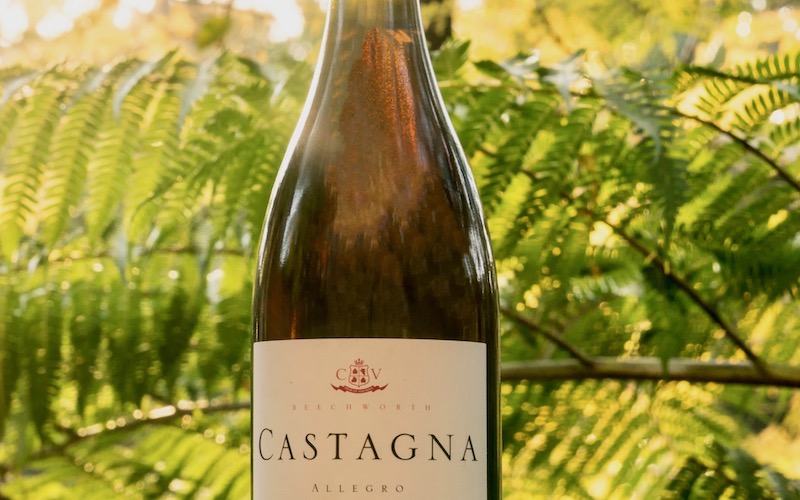
Castagna Allegro (Beechworth, Vic)
This was the wine that changed my mind about Australian rosé, and it’s been my benchmark ever since. A lovely pale salmon-pink with savoury, slightly herbal aromas, textured mouthfeel and a lean, minerally finish.
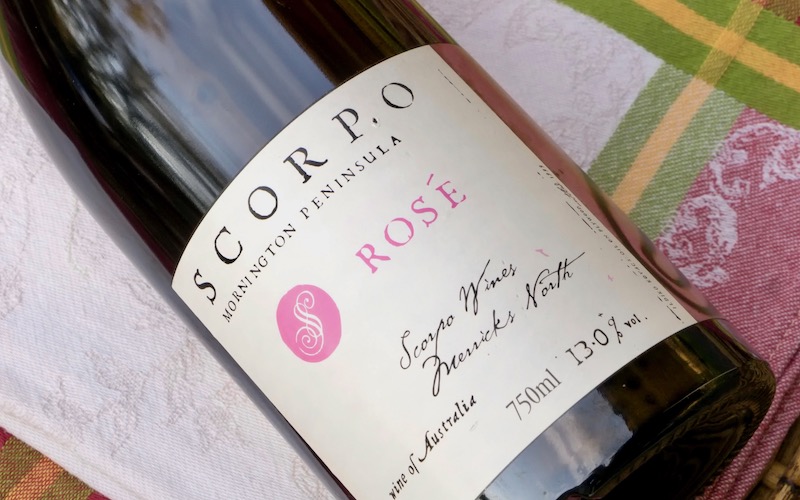
Scorpo Rosé (Mornington Peninsula, Vic)
This pale salmon-pink, shiraz-based wine has hints of rose and strawberry on the nose and a slight fruity sweetness on the palate, but a dry finish with a hint of citrus peel bitterness.
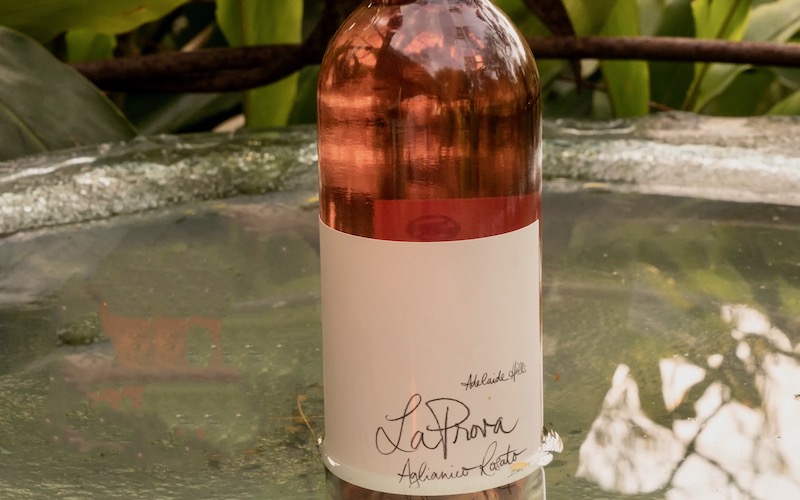
La Prova Aglianico Rosato (Adelaide Hills, SA)
Made from aglianico, a native of southern Italy, with the palest salmon-pink hue and a great touch of green apple tang on the palate, make this a contender for best Australian rosé. It’s great as an aperitif as well as with food.
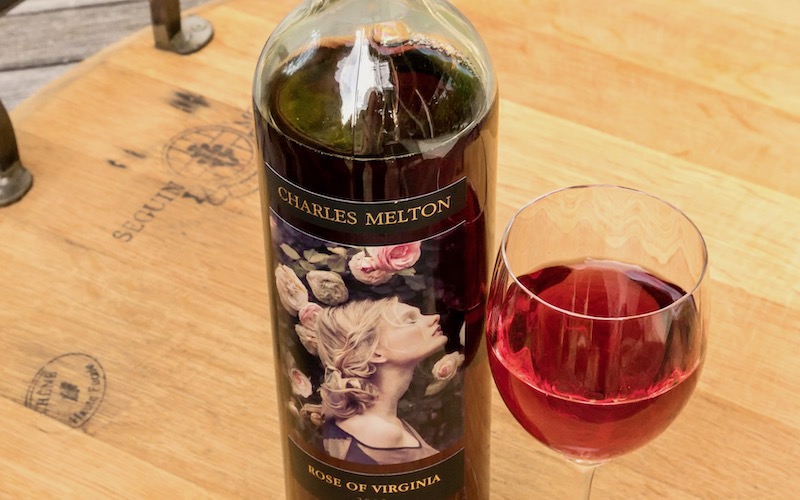
Charles Melton Rose of Virginia (Barossa Valley, SA)
The grenache in this three grape blend makes for a more strongly coloured wine than most serious rosés. There’s Turkish delight and sweet red fruit on the nose, spicy, fruity flavours and a dry finish – I love it with Asian food.
Updated 03 June 2024
Rosé once had the image of being a sweet wine. But the classic rosés of Provence are pale salmon-pink and bone dry. Today the best Australian rosé is dry and food-friendly too.
Rosé can be made from any red grape and is sometimes made by adding a splash of red wine to a white wine.
Rosé’s colour comes from the juice being in contact with the skin for a short time, just long enough for a little colour to leech into the juice.
Typically, refreshing chilled rosé is enjoyed most in summer and spring – but it’s such a food-friendly wine, it’s great all year round.
Rosé is a very food-friendly wine and a good match with many dishes. Try it with Provençal ratatouille or, especially if it has a hint of fruitiness, Asian dishes like curries or satay.
Once upon a time Australian rosé was hot-pink lolly water, but today the best Australian rosés are dry and many Australian winemakers are producing this more serious style.




